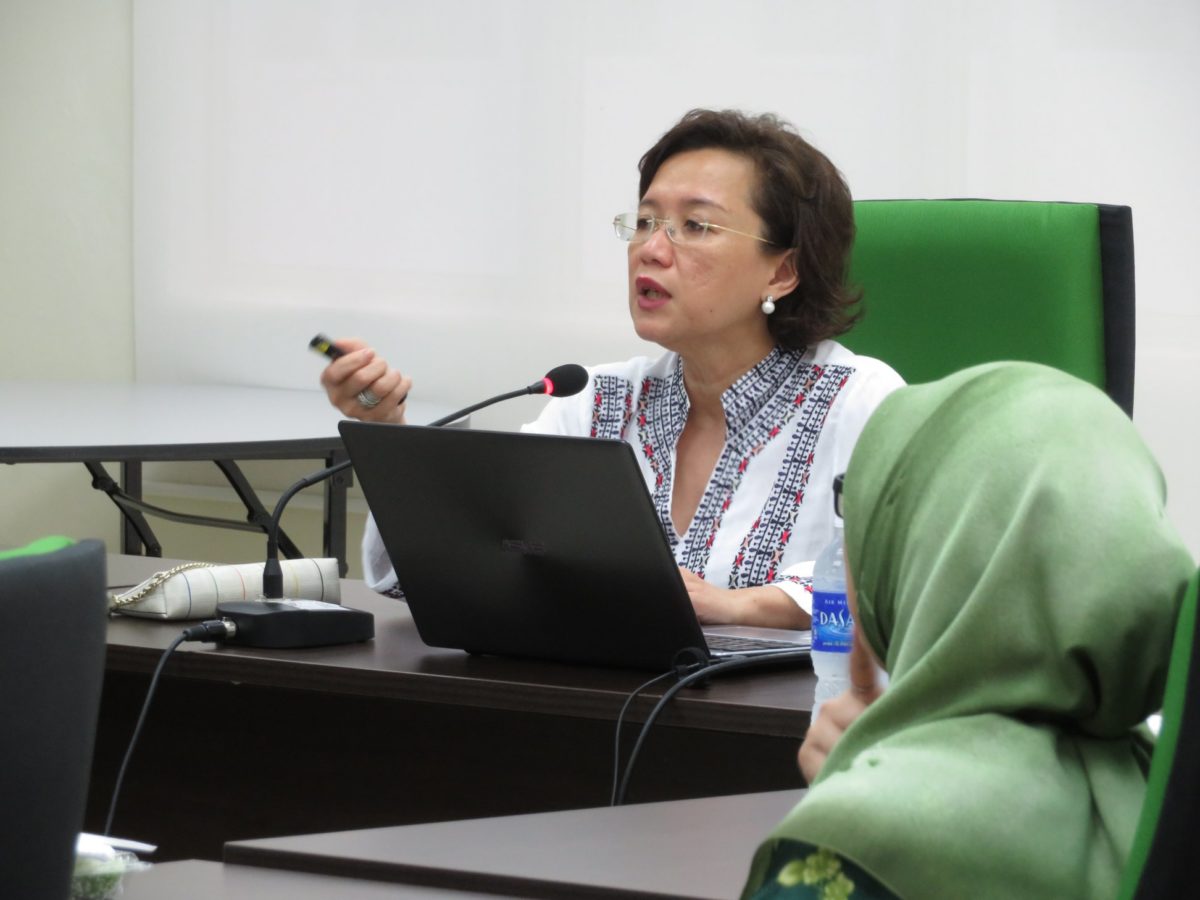KUALA LUMPUR, April 10 – University Malaya Medical Centre (UMMC) and three Ministry of Health (MOH) hospitals will run a joint clinical trial on the effectiveness of an arthritis medicine to treat severe coronavirus cases.
The study — starting mid-April at UMMC, Sungai Buloh Hospital, Kuala Lumpur Hospital, and Hospital Tuanku Jaafar, Seremban — will compare the effectiveness of intravenous tocilizumab (used to treat rheumatoid arthritis) versus high-dose corticosteroids (drugs that lower inflammation in the body) in approximately 300 patients who develop severe forms of Covid-19.
UMMC has already used tocilizumab (trade name Actemra) on several Covid-19 patients who developed cytokine storm syndrome (a dangerous overreaction of the immune system, resulting in respiratory and multi-organ failure) and said that the results were encouraging.
“Out of eight patients who were very ill who received tocilizumab, we managed to prevent six from being ventilated. All of these patients are now doing very well,” the public university hospital said in a statement today.
“That’s a pretty big deal considering the rate of deterioration described in patients from large centres in China and Italy. In the other two patients, tocilizumab did not work as well as they were already very ill by the time treatment was given.
“There is growing evidence that interleukin-6 (or IL-6, a specific cytokine) is a critical component of the Covid-19 cytokine storm and that blocking IL-6 may in fact put on the ‘brakes’ that stops the progression of the disease into its most critical stage. This is where tocilizumab exerts its action,” UMMC further added.
The study will be headed by Prof Dr Adeeba Kamarulzaman, Dean of the Faculty of Medicine, Universiti Malaya, and an infectious diseases specialist.
An initial funding of RM450,000 to conduct this study was raised from a small group of private donors, whereas the tocilizumab was donated by pharmaceutical company Roche Malaysia.
A total of RM1.5 million will be needed for the clinical trial that will run over six months at the four hospitals.
Dr Adeeba noted that while about 80 per cent of Covid-19 patients will recover after experiencing mild to moderate disease, 15 per cent progress to severe disease, and another 5 per cent develop critical illness, with death occurring for one to three per cent of patients.
“What is becoming clear is this: in this small group of patients, a dangerous overreaction of their immune system, known as a cytokine storm, overwhelms the patient resulting in respiratory followed by multi-organ failure.
“So, in these patients, ironically, it is their own immune response to the virus that kills them. And what we need to figure out is how to safely turn off this overactive immune response as soon as it begins,” Dr Adeeba said.
UMMC explained that cytokines are a complex network of cells, proteins and molecules that lead the immune system’s fight against a virus or bacteria. When the infection is beaten back, the immune system is supposed to shut itself off.
But in some cases, instead of shutting off, the immune system continues to release cytokines in an uncontrolled manner, resulting in a “cytokine storm” that can build up and lead to failure of critical organs, like the lungs, kidneys and liver.
“While we are excited about the prospects of tocilizumab preventing Covid-19 deaths, we want to know the ideal time to start the treatment and also to carefully monitor for any side effects among Malaysian patients,” said Dr Suresh Kumar, lead clinician at Sungai Buloh Hospital, according to the statement.
Dr Adeeba expressed gratefulness to MOH for its participation in the study that she said had the potential to save many lives and contribute to the search for the best Covid-19 treatment, especially patients with severe disease.
Health director-general Dr Noor Hisham Abdullah said last Tuesday that 88 per cent of Covid-19 patients in Malaysia display either mild or no symptoms. Just five per cent are in the two most severe stages of disease.
He also touted antimalarial medicine hydroxychloroquine’s ability in potentially preventing early coronavirus cases from deteriorating into conditions that require intensive care or ventilator support.
Yesterday, he said Malaysia’s coronavirus mortality rate was only 1.58 per cent, compared to average fatality rates in other countries of between 4.6 per cent and 5.6 per cent.
Covid-19 cases surpassed 4,200 as of yesterday, with 67 deaths.








